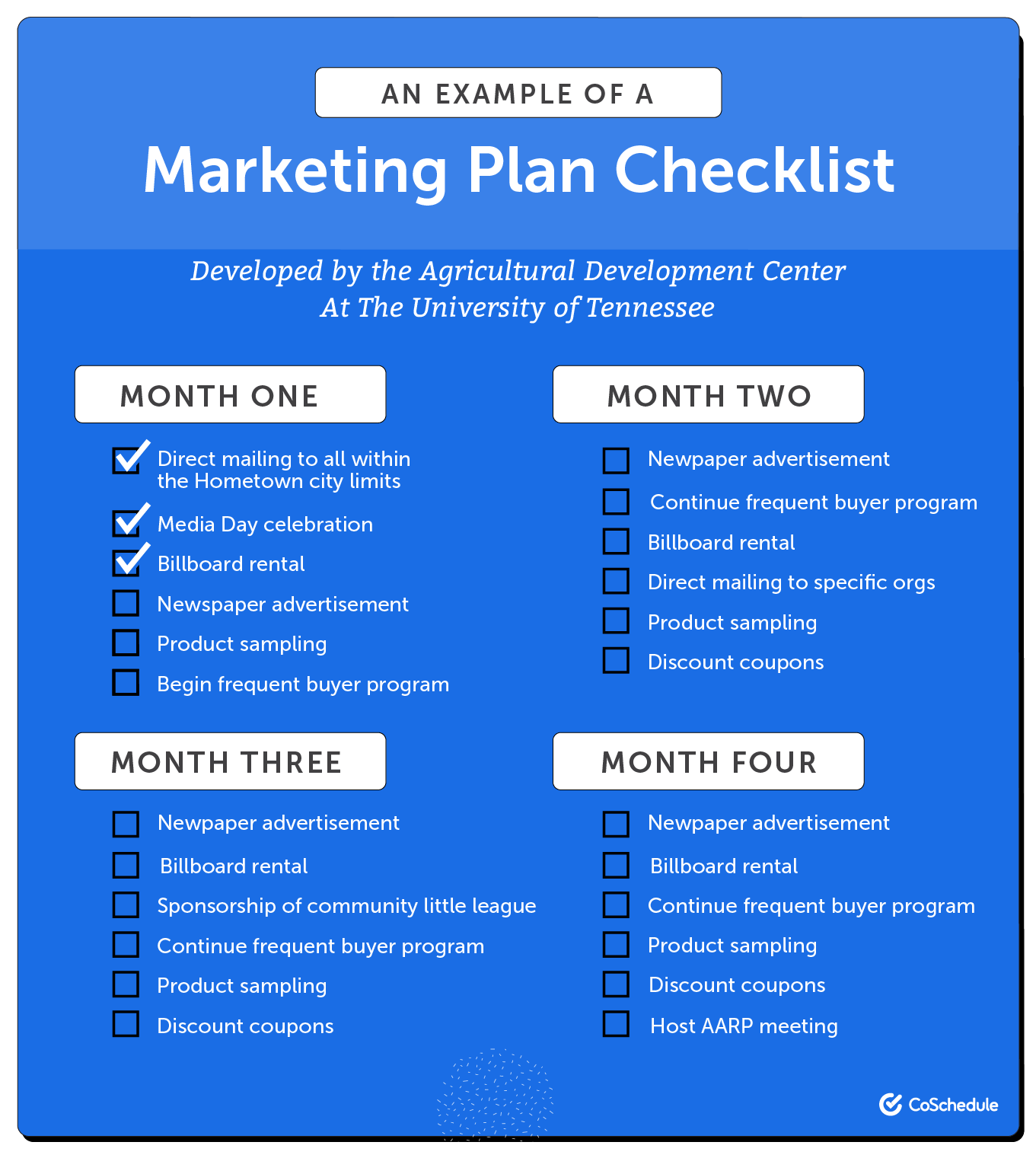Best Marketing For Service Business

In the realm of service-based businesses, effective marketing is pivotal for attracting and retaining clients. Unlike product-based businesses, service businesses rely heavily on intangible assets, making marketing strategies slightly different. The ultimate goal is to create a strong reputation, build trust, and showcase expertise.
Understanding the Challenges
Service businesses face unique marketing challenges. Since services are intangible, potential customers often have a harder time understanding what they’re buying. This means that marketing efforts must focus on building credibility, showcasing value, and highlighting customer experiences.
Key Marketing Strategies
1. Leverage Digital Presence
- Website Optimization: Ensure your website is modern, mobile-friendly, and clearly communicates your services, values, and unique selling points.
- SEO: Invest in Search Engine Optimization to increase visibility on search engines. This is crucial for service businesses, as potential clients often search for services in their area or based on specific needs.
2. Content Marketing
- Blog Posts: Regularly publish informative articles about your service, industry insights, and tips. This helps establish your business as a thought leader in the sector.
- Social Media: Utilize platforms like LinkedIn, Facebook, and Twitter to share your content, engage with your audience, and provide customer support.
- Email Marketing: Build an email list and send newsletters or promotional emails to keep your audience engaged and informed about your services.
3. Customer Reviews and Testimonials
- Encourage satisfied clients to leave reviews on your website or on platforms like Google My Business. Positive reviews can significantly boost your credibility and attract new customers.
- Case Studies: Prepare detailed case studies of successful projects. These can serve as powerful marketing tools to demonstrate your capabilities and the value you bring to clients.
4. Networking and Partnerships
- Attend Industry Events: Participate in conferences, seminars, and trade shows to network with potential clients and partners.
- Strategic Partnerships: Form alliances with complementary businesses to expand your reach and offer bundled services.
5. Educational Content
- Webinars: Host webinars to educate potential clients about your services and industry trends. This positions your business as a knowledgeable guide.
- Workshops and Seminars: Offer in-person or online workshops to provide deeper insights into your service area.
6. Personalized Experience
- Personal Touch: Ensure that every interaction with your business feels personalized. This can be achieved through tailored communication, flexible service options, and attentive customer service.
- Customer Service: Deliver outstanding customer service. This can lead to loyalty and positive word-of-mouth, which are invaluable marketing tools.
Measuring Success
To refine your marketing strategy, it’s essential to track its effectiveness. Use analytics tools to monitor website traffic, social media engagement, email open rates, and conversion rates. Adjust your strategy based on the data to maximize your return on investment (ROI).
Future Trends
- Digital Transformation: Embrace digital tools and platforms to streamline your services and enhance customer experience.
- Sustainability and Social Responsibility: Highlight your business’s commitment to sustainability and social responsibility. Many clients now prioritize these aspects when choosing a service provider.
- Innovation: Stay ahead of the competition by innovating your services and incorporating emerging technologies like AI and blockchain where applicable.
Conclusion
Marketing a service business requires a deep understanding of your target audience, a strong digital presence, and a commitment to showcasing expertise and building trust. By leveraging a combination of digital marketing, content creation, networking, and personalized customer experiences, service businesses can effectively attract and retain clients in a competitive market. As the business landscape continues to evolve, adapting to trends and continuously improving marketing strategies will be key to long-term success.
What is the most effective way to market a service business online?
+The most effective way to market a service business online involves creating a strong digital presence through a professional website, optimizing for SEO, engaging in content marketing, and leveraging social media platforms to reach your target audience.
How can service businesses build trust with potential clients?
+Service businesses can build trust by showcasing customer testimonials, providing educational content that demonstrates expertise, offering personalized experiences, and maintaining a professional online presence.
What role does customer service play in marketing a service business?
+Customer service plays a crucial role in marketing a service business. Delivering outstanding service leads to customer loyalty, positive reviews, and word-of-mouth referrals, all of which are powerful marketing tools.
How can service businesses measure the success of their marketing efforts?
+Service businesses can measure the success of their marketing efforts by tracking website analytics, social media engagement metrics, email marketing statistics, and conversion rates. Adjusting the marketing strategy based on these insights can help maximize ROI.
What are some future trends that service businesses should be aware of in their marketing strategies?
+Future trends include embracing digital transformation, prioritizing sustainability and social responsibility, and innovating services with emerging technologies. Staying adaptable and responsive to these trends can help service businesses remain competitive.
